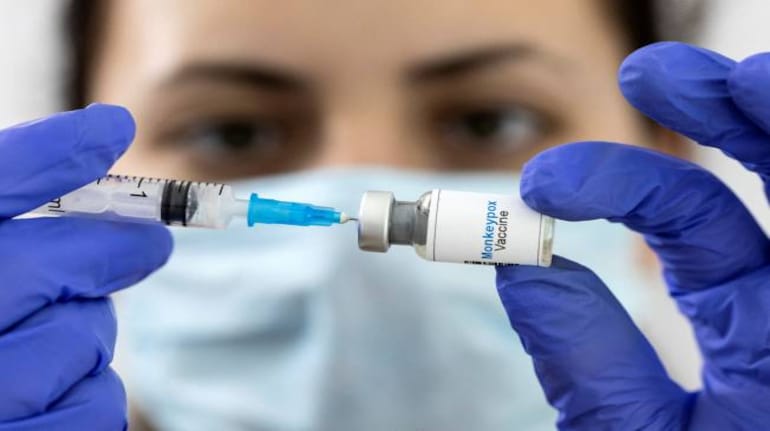



Bharat Biotech has requested the central government to include its intranasal COVID-19 vaccine iNCOVACC, in CoWIN portal to enable the recipients of the jab to get vaccination certificate.
The company sources said Bharat Biotech is currently holding discussions with international 'potential partners' who have approached the company for manufacturing and distribution of the intranasal vaccine globally.
Since iNCOVACC has been approved for 'Restricted use under emergency situation' and vaccine recipients will require vaccine certificates, we have requested the government to include iNCOVACC in the COWIN portal.
Once this is enabled, India will be one of the few countries to have introduced an intranasal vaccine in its immunization program against COVID, the sources told PTI.
Currently, Bharat Biotech's Covaxin, Serum Institute's Covishield and Covovax, Russian Sputink V and Biological E Ltd's Corbevax are listed in the CoWin portal.
The vaccine maker on September 6 announced that its iNCOVACC (BBV154), world's first intranasal COVID-19 vaccine has received approval from Drugs Controller General of India under Restricted Use in Emergency Situation for ages 18 and above.
"There have been no requests for procurement from state or central governments," sources further said.
The city-based vaccine maker also plans to export iNCOVACC to other countries once it gets approvals from the respective nations, sources added. iNCOVACC (BBV154) has also received approval from the Central Drugs Standard Control Organisation (CDSCO) under Restricted Use in Emergency Situation for ages 18 and above in India, for heterologous booster doses.
The vaccine was developed in partnership with Washington University, St Louis, which had designed and developed the recombinant adenoviral vectored construct and evaluated it during pre-clinical studies for efficacy.
The vaccine candidate underwent Phases I, II and III clinical trials with successful results and has been specifically formulated to allow intranasal delivery through nasal drops. Phase-III trials were conducted for safety, immunogenicity in approximately 3,100 subjects, at 14 trial sites across India.
Discover the latest Business News, Sensex, and Nifty updates. Obtain Personal Finance insights, tax queries, and expert opinions on Moneycontrol or download the Moneycontrol App to stay updated!
Find the best of Al News in one place, specially curated for you every weekend.
Stay on top of the latest tech trends and biggest startup news.